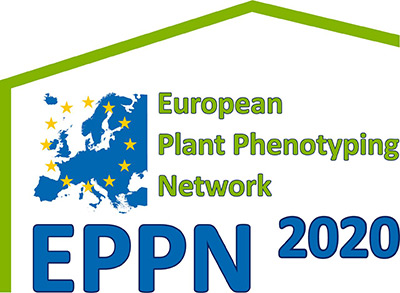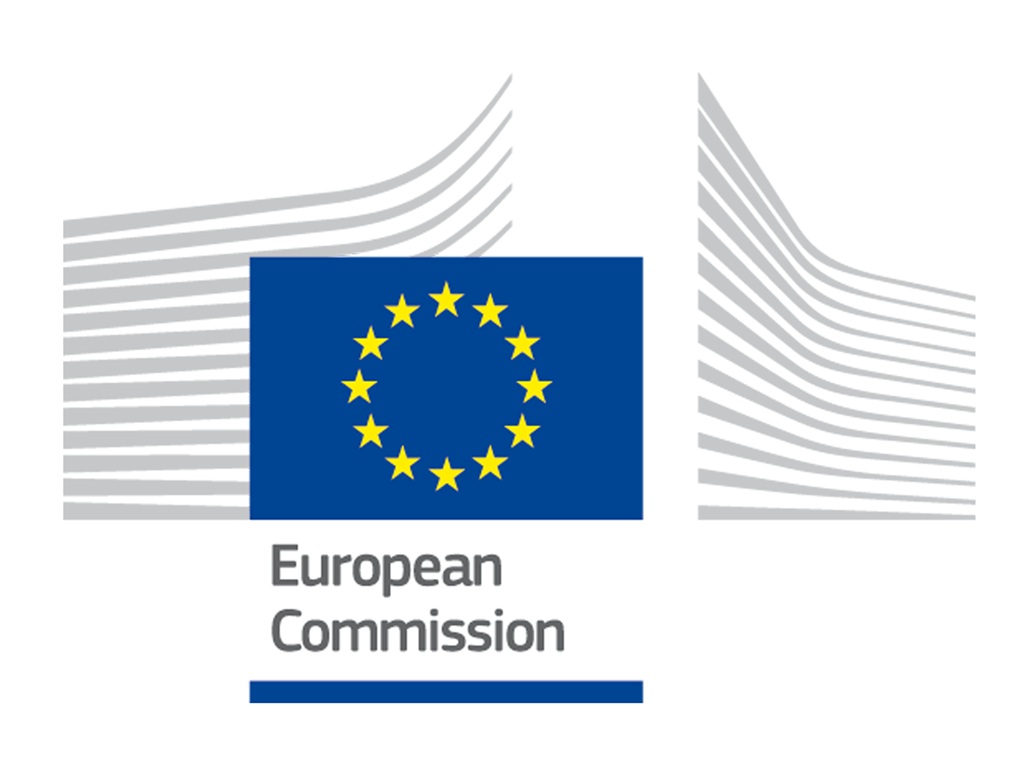EPPN2020 Networking
EPPN2020 aims at establishing intensive cooperation and increasing integration between facilities in Europe, as well as user groups and technology innovation communities by implementing a series of workshops and training courses for diffusion of the methods developed in the Joint Research Activities.
EPPN2020 shares information with the whole European phenotyping community (including emerging infrastructures) via webinars, seminars, workshops and conferences. Main aspects are:
- Integrated Plant Phenotyping
- Imaging and data acquistion (IT)
- Sensor technologies
- Environmental characterization
- Data analysis and modelling
Concrete Eductaion and Training activities
Recent developments in plant phenotyping at the Workshop at the Botanikertagung 2019
The plant phenotyping workshop at the Botanikertagung in Rostock, Germany on 17th of September 2019 introduced the status of the plant phenotyping in Germany and Europe.
The German Plant Phenotyping network (DPPN) is a network of three partners who have set up a cutting-edge infrastructure including controlled and field environment facilities. In the next step, DPPN aims at of establishing access to these facilities following the success story established within the European Plant Phenotyping Network 2020 (EPPN2020), as a EU funded project that enables access to 31 different European facilities. Additionally, EMPHASIS was introduced as a pan-European infrastructure aiming at the development of a sustainable pan European infrastructure to provide access to the European plant science community.
The workshop was complemented by four presentations of users of plant phenotyping facilities addressing:
- The importance of high throughput phenotyping in dissecting traits relevant for nutrient uptake and accumulation in legumes, by Marta Vasconcelos, Universidade Católica Portuguesa, Porto, Portugal
- Looking at useable - sunflower root phenotyping for improving drought tolerance, by Aleksandra Dimitrijevic, Institute of Field and Vegetable Crops, Novi Sad, Serbia
- Pre-breeding of spring barley for the Nordic region, by Therése Bengtsson, SLU, Alnarp, Sweden
- The challenge of phenotyping trees, by Doris Krabnbel, University Dersden, Germany
EPPN2020 Training: Experimental design and statistical analysis of phenotyping platform experiments
This course will discuss criteria for choosing a suitable experimental design for phenotyping experiments. Subsequently we will show options for analysing features extracted from phenotyping platforms.
High throughput phenotyping platforms allow analysis of the genetic variability of traits at several scales of plant organization under contrasting and well-defined environmental scenarios. After that a large number of platforms has been built, the priority now is to design methods for the analysis of heterogeneous datasets involving thousands/millions of data points, contrasting environmental conditions and tens/hundreds of measured traits. This course will firstly discuss criteria for choosing a suitable experimental design for phenotyping experiments. Subsequently we will show options for analysing features extracted from phenotyping platforms with a focus on spatial and longitudinal modelling (in R). We aim at increasing the precision of estimation new phenotypic traits and parameters thereby facilitating the combined analysis of data from multiple scales and platforms.
BMVC 2018 Workshop on Computer Vision Problems in Plant Phenotyping (CVPPP 2018), Newcastle, UK
Specific topics of interest include, but are not limited to, the following:
* advances in segmentation, tracking, detection, reconstruction and identification methods that address unsolved plant phenotyping scenarios
* open source implementation, comparison and discussion of existing methods and annotation tools
* image data sets defining plant phenotyping challenges, complete with annotations if appropriate, accompanied with benchmark methods if possible, and suitable evaluation methods
de.NBI Summer School 2018 on Riding the Data Life Cycle,
Braunschweig Integrated Centre of Systems Biology (BRICS), Germany
The goal is to raise awareness for the importance of proper research data management in general, and to provide a practical toolbox for the acquisition, curation, documentation, archiving and publication of research data following the FAIR (Findable, Accessible, Interoperable and Re-usable) data principles.
Target group: early career scientists like PhD students and Postdocs, but for sure we also welcome interested PIs.
Deadline for registration: 11 June 2018
Summer School on Image Analysis for Plant Phenotyping
The course leaders Gerrit Polder and Rick van de Zedde together with colleagues from Wageningen University & Research and guest speakers from industry and research institutes provided a diverse programme regarding the following subjects:
• Images and image quality
• Noise and image enhancement
• Segmentation
• Multi- and hyperspectral imaging
• Deep learning, convolutional neural networks
• Lab session 3D data analysis / interpretation
• Lab segmentation
• Open session and case studies
Course: Statistical analysis for new phenotyping techniques, Wageningen, Netherlends
The statistical analysis techniques will be presented in lectures by experts from Wageningen University & Research and University of Queensland. The lectures will be complemented by hands-on computer training using R.
EPPN2020 Training School on Deep Machine Learning for Plant Image Analysis, Nottingham, UK
This half-day training session introduced the key concepts in deep machine learning by convolutional neural nets (CNNs) and presented examples of their use in the analysis of images of plants. The session mixed formal presentations with hands-on exercises using an industry-standard CNN development tool.

